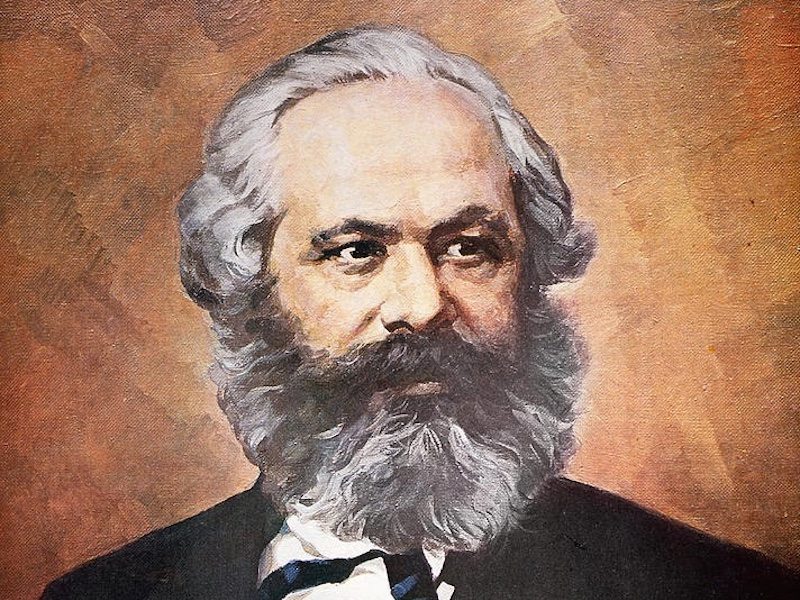Marxian Economics Definition Theories Vs Classical Economics

Marxian Economics: Definition, Theories, Vs. Classical Economics
What Is Marxian Economics?
Marxian economics is based on the work of Karl Marx, a 19th-century economist and philosopher.
Marxian economics focuses on labor’s role in economic development and criticizes the classical approach to wages and productivity developed by Adam Smith. Marx argued that specialization of the labor force and a growing population push wages down and undervalue the true cost of labor.
Key Takeaways
– Marxian economics is based on the work of Karl Marx.
– Marx claimed that capitalism leads to exploitation through the chaotic nature of the free market and surplus labor.
– He predicted that capitalism will lead to a revolution and the state taking control of production.
Understanding Marxian Economics
Marxian economics draws heavily from Marx’s book "Das Kapital," published in 1867. In the book, Marx describes his theory of the capitalist system and its tendencies toward self-destruction.
"Das Kapital" explains Marx’s concept of "surplus value" and its impact on capitalism. Marx argued that wages are driven to subsistence levels not by labor pools but by a large army of unemployed created by capitalists. He believed that labor is treated as a mere commodity, earning only enough for subsistence.
Capitalists, however, can force workers to work longer than necessary and appropriate the surplus value created by their labor. In other words, workers create value but are not properly compensated. Marx criticized the ruling classes for exploiting workers and generating profits by underpaying them.
Marxian Economics vs. Classical Economics
Marxian economics rejects the classical view of economics, championed by Adam Smith. Smith believed that the free market and profit maximization benefit society automatically, with little government control.
Marx disagreed and argued that capitalism only benefits a select few. He believed that the ruling class enriches themselves by exploiting cheap labor from the working class.
In contrast to classical economic theory, Marx favored government intervention. He believed that the state should manage economic decisions to ensure equal benefits for all.
He predicted that capitalism would eventually lead to a revolution, with more people becoming workers and production being controlled by the state.
Special Considerations
Marxian economics focuses less on social and political matters, distinguishing it from Marxism. The principles of Marxian economics conflict with the values of capitalist pursuits.
During the first half of the twentieth century, communism seemed to be taking hold in Eastern Europe after the Bolshevik revolution in Russia. However, the Marxist dream collapsed before the century ended. Countries like Poland, Hungary, Czechoslovakia, and others rejected Marxist ideology and transitioned towards private property rights and market-based systems.



